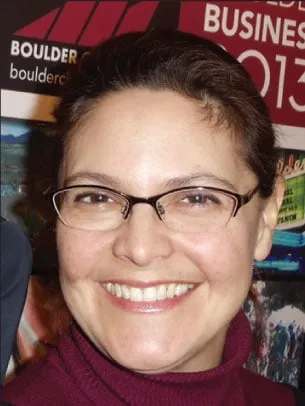Balance open space, transportation, general fund



Earlier this year, when the city of Boulder highlighted a $3.2 million shortfall for transportation operations and maintenance, a fee or tax in the $2.5 million to $5.6 million range seemed imminent.
The numbers were compelling, and the polling was strong for a scenario that relied on business to do the heavy lifting. We advocated against this approach, arguing instead for the city to better prioritize transportation funding within the existing budget.
Since we last visited this topic (“Don’t let…
THIS ARTICLE IS FOR SUBSCRIBERS ONLY
Continue reading for less than $3 per week!
Get a month of award-winning local business news, trends and insights
Access award-winning content today!
